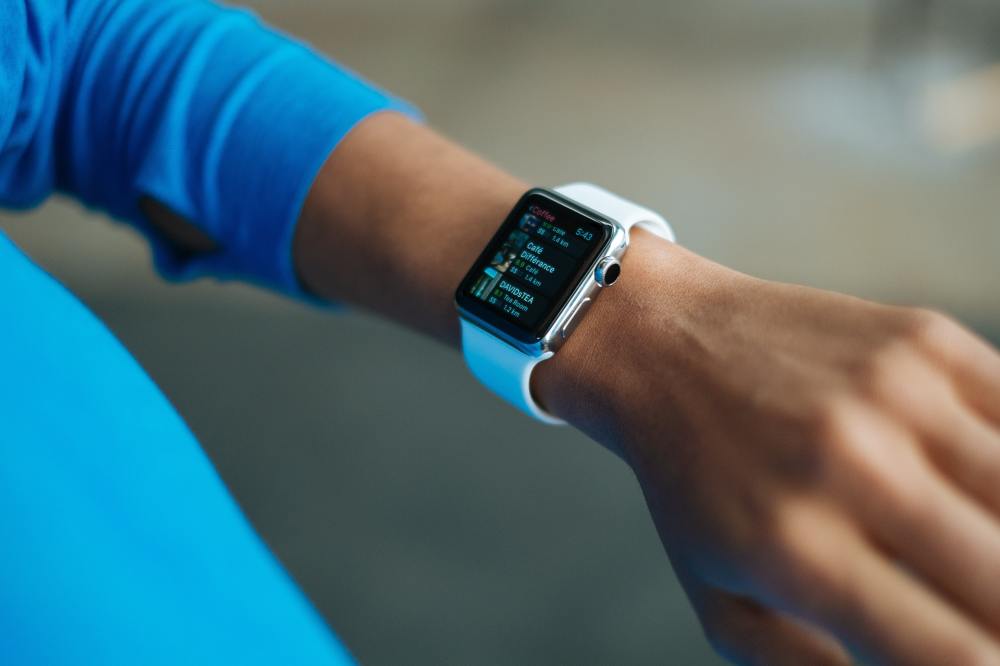Mobile phones have become an integral part of our daily lives, providing us with a constant connection to the outside world and enabling us to stay connected with friends, family, and colleagues at all times. But in addition to providing us with a means of communication, mobile phones can also be a valuable tool for tracking and improving our physical fitness.
There are a plethora of fitness apps available for both Android and iOS devices that can help you track your workouts, monitor your progress, and set fitness goals. These apps can be used to track a wide range of activities, including running, walking, cycling, and even strength training.

One popular fitness app is Fitbit, which allows users to track their steps, distance, calories burned, and active minutes. The app also provides personalized workout plans and challenges to help users reach their fitness goals.
Another popular app is MyFitnessPal, which is a comprehensive nutrition and fitness tracker. The app allows users to log their food intake and exercise, and provides helpful information such as the number of calories, fat, protein, and carbohydrates in different foods. This can be a valuable tool for those looking to lose weight or maintain a healthy diet.
In addition to tracking your workouts and nutrition, many fitness apps also offer social features that allow you to connect with friends and compete against each other. For example, Fitbit allows users to create teams and compete in step challenges, while MyFitnessPal has a feature that allows users to connect with friends and share their progress.
Overall, mobile phones can be a valuable tool for tracking and improving your physical fitness. Whether you’re a seasoned athlete or just starting out on your fitness journey, there’s an app out there to help you reach your goals.

While mobile phones can be a valuable tool for tracking and improving your physical fitness, they can also have some disadvantages.
One of the main disadvantages of using a mobile phone for fitness is that it can be too easy to become reliant on the app to track your progress. This can lead to a lack of motivation to exercise and a decreased sense of accomplishment when you do reach your fitness goals.
Another disadvantage is that relying on a mobile phone for fitness tracking can also make it easy to become fixated on the numbers and metrics provided by the app, rather than enjoying the physical activity itself. This can take the fun out of exercising and make it feel more like a chore.
Additionally, using a mobile phone for fitness tracking can be expensive. Many fitness apps require a subscription or have in-app purchases, which can add up over time.
Finally, using a mobile phone for fitness tracking can also be a distraction. It’s all too easy to get caught up in checking your stats or scrolling through social media during a workout, which can take your focus away from the task at hand.
While mobile phones can be a helpful tool for tracking and improving your physical fitness, it’s important to use them in moderation and not become too reliant on them. It’s also important to remember that the most important aspect of fitness is enjoying the physical activity itself, rather than obsessing over the numbers.